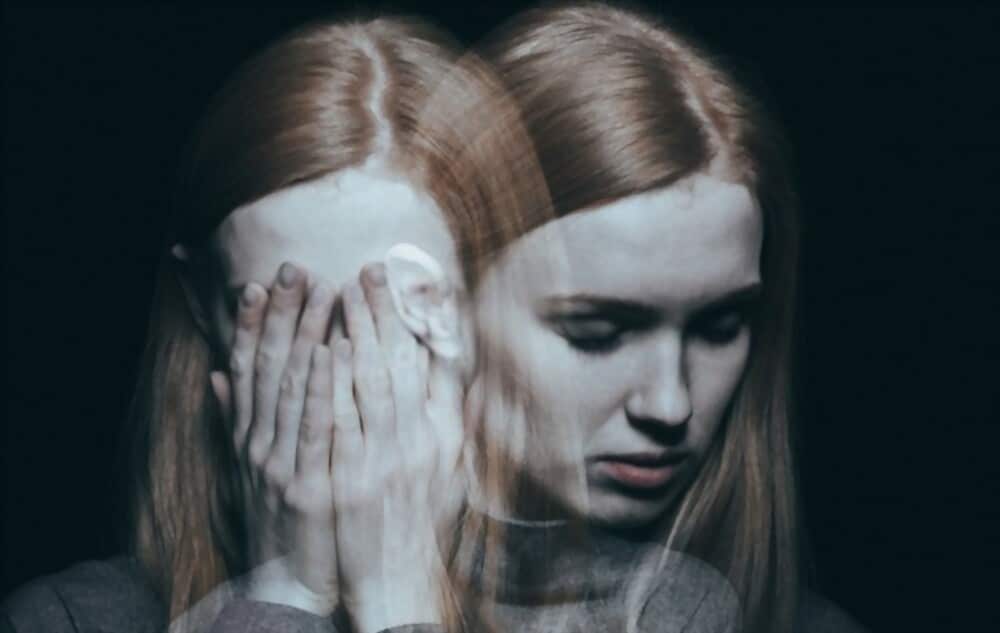
Bipolar Disorder is a mood disorder whereby the affected person experiences episodes of mania, hypomania, and in some cases, depressive episodes. In Bipolar I Disorder, the person experiences manic episodes followed by hypomanic or depressive episodes while in Bipolar II Disorder, which is considered the less severe of the two types, the person experiences hypomanic and depressive episodes. A manic episode is a period of severe symptoms that last at least 1 week where the person becomes highly energetic or irritable, is grandiose, requires little sleep, becomes very talkative, has racing thoughts, engages in dangerous or impulsive activities, and has difficulty concentrating on one task at a time. Hypomania is similar, but far less severe and debilitating than mania, and lasts at least 4 days. People experiencing mania have difficulty functioning while hypomania typically does not interfere as much with the person’s daily activities. After a manic episode, people with Bipolar I Disorder can become severely depressed where their mood shifts to much sadness and lower energy levels.

Bipolar Disorder is a mood disorder whereby the affected person experiences episodes of mania, hypomania, and in some cases, depressive episodes. In Bipolar I Disorder, the person experiences manic episodes followed by hypomanic or depressive episodes while in Bipolar II Disorder, which is considered the less severe of the two types, the person experiences hypomanic and depressive episodes. A manic episode is a period of severe symptoms that last at least 1 week where the person becomes highly energetic or irritable, is grandiose, requires little sleep, becomes very talkative, has racing thoughts, engages in dangerous or impulsive activities, and has difficulty concentrating on one task at a time. Hypomania is similar, but far less severe and debilitating than mania, and lasts at least 4 days. People experiencing mania have difficulty functioning while hypomania typically does not interfere as much with the person’s daily activities. After a manic episode, people with Bipolar I Disorder can become severely depressed where their mood shifts to much sadness and lower energy levels.
We have support for these cities:
Frisco
Plano
McKinney
Allen
The Colony
Little Elm
Fairview
Prosper